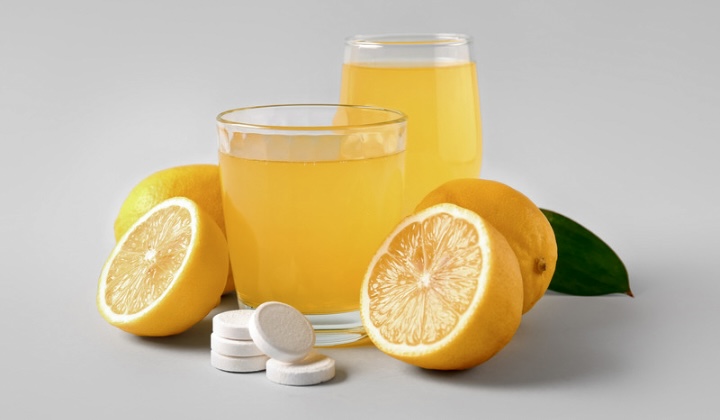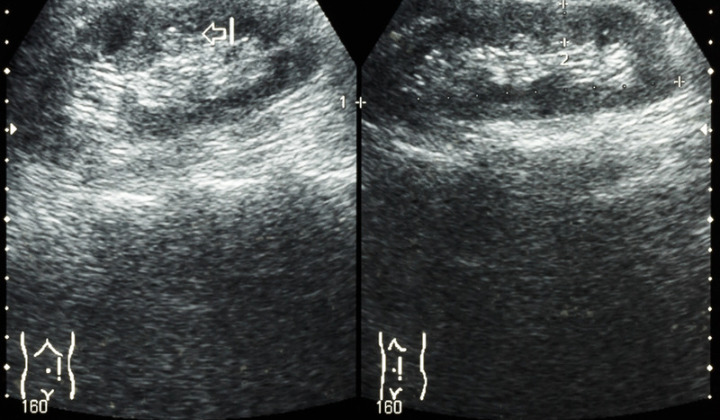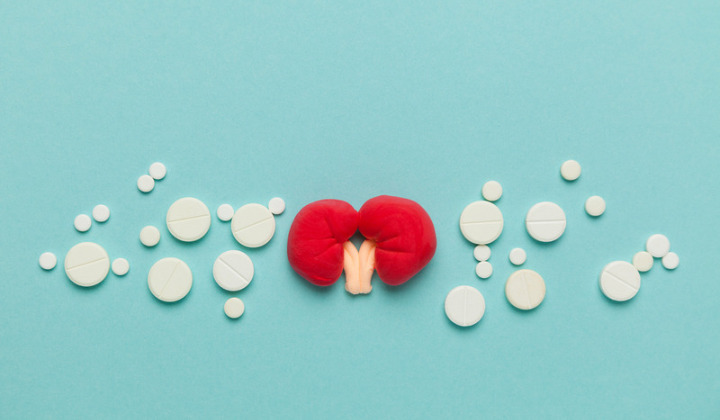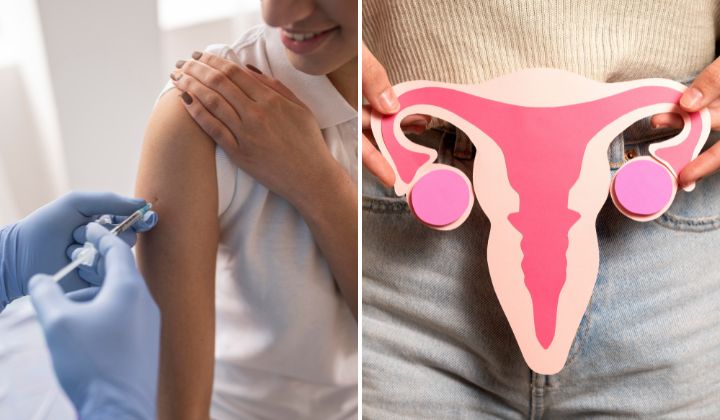Can Excessive Vitamin C Cause Kidney Stones? A Health Doctor Explains
According to a health professional, an intake of Vitamin C exceeding 2000 mg can lead to the formation of kidney stones.

Have you ever experienced pain while urinating? This discomfort is not normal and may indicate a potential kidney stone issue.
Other symptoms to watch out for include lower abdominal pain, frequent urination, and even bloody urine.
How Kidney Stones Develop in the Human Body
A health expert recently shared cases of patients rushed to the emergency room due to kidney stones.
One common complaint is excruciating lower back pain, making it hard to sit or sleep comfortably.

Kidney stones form when stones develop in the urinary tract, leading to intense back pain. The pain is caused by blockage in the ureter, the tube connecting the kidneys to the bladder.
This blockage causes the ureter to expand, resulting in uncontrollable back pain.
Causes of Kidney Stones
The doctor discussed various factors contributing to kidney stone formation, including:
1. Inadequate Hydration
Insufficient water intake leads to concentrated and denser urine, making it easier for compounds like Calcium and Oxalate to form stones in the ureter.
2. Excessive Vitamin C Intake
Regular consumption of Vitamin C exceeding the recommended limit can lead to the formation of kidney stones as it breaks down into Oxalate.
3. High Salt Consumption
A diet high in salt increases the Calcium content in urine, similar to Oxalate, which can accumulate and form stones in the urinary tract.
4. Consuming Omega-6 Fatty Foods
Foods rich in Omega-6 fats can elevate Oxalate levels in urine, while the alkaline ‘Citrate’ content, which aids in dissolving kidney stones in the ureter, decreases.
Simple Steps to Prevent Kidney Stones
To avoid the risk of kidney stones, follow these preventive steps recommended by Dr. Samhan:
- Increase daily water intake to at least 8 glasses (equivalent to 2.5 liters).
- Avoid excessive vitamin intake.
- Reduce salt consumption in your diet.
- Steer clear of non-nutritious foods and snacks.
Treatment for Kidney Stones

For those dealing with kidney stones, there’s no need to fret. Kidney stones can be managed with the appropriate medications, including:
- Pain relievers like Diclofenac (Voltaren).
- Antibiotics if urinary tract infection symptoms are present.
- Medications to dissolve kidney stones (Ural Sachet).
Share your thoughts with us via TRP’s Facebook, Twitter, Instagram, or Threads.





